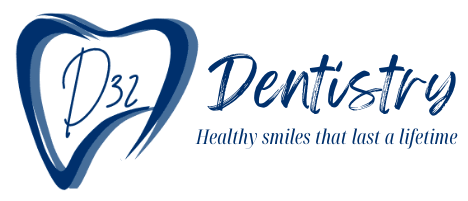Gum disease often called a “silent disease”, affects approximately 75% of adults today. There are very subtle signs and symptoms of early-stage gum disease and in most cases, patients do not realize they have a problem until a visit with Dr. Tan or Dr. Abudayyeh. This makes restorative dental care an important part of maintaining healthy teeth and gums, providing us with the opportunity to spot potential dental health concerns such as periodontal disease in the early stage.
Dr. Tan and Dr. Abudayyeh perform a thorough periodontal screening during all routine preventive care visits, recommending treatment when necessary to avoid further damage to the teeth or the gums: gum disease remains a leading cause of tooth loss.
About Periodontal Disease
Common signs and symptoms of gum disease include:
- Red, swollen gums
- Bleeding gums
- Shifting of teeth or loose teeth
- Receding gums
- Bad breath
- Changes in the fit of dentures
Gum disease is one of the most prevalent, yet undiagnosed dental health problems. Recent studies have shown the relationship between periodontal disease and an increased risk for developing or being more severely affected by cardiovascular and systemic diseases. When caught early, conservative treatment can be effective and quickly restore oral health.
Stages of Gum Disease
Gingivitis: early-stage gum disease, gingivitis is typically easy to treat but may require additional at-home care to prevent it from returning.
Periodontitis: advanced gum disease, periodontitis often requires intensive treatment to address.
Treating Gum Disease
Dr. Tan or Dr. Abudayyeh will recommend periodontal treatment when necessary to address gum disease and offers several options. Recommended treatment will be tailored to a patient’s individual oral health and aimed at both restoring and maintaining gum health.
Periodontal therapy is often dependent on the stage of gum disease and can be as simple as a thorough dental cleaning to remove plaque and tartar. More intensive treatment can include:
- Scaling and root planing: this intensive cleaning removes built-up plaque from the gum line, tooth roots, and deep pockets of the gums.
- Antibacterial rinses: when appropriate, we may prescribe an anti-bacterial rinse to be used between visits and reduce the level of bacteria present in the mouth, especially for patients with persistent gingivitis
- Gum surgery: when necessary in cases of advanced gum disease or periodontitis, we may refer you to a local specialist for treatment.
Gum Disease FAQs
What causes gum disease?
Plaque is constantly forming in the mouth. If it is not removed daily by brushing and flossing, it can harden into tartar. Bacteria thrive in this environment and over time, it can develop into gingivitis, an early stage of gum disease.
Gingivitis can progress into an infection, destroy gum tissue, and eventually degrade bone to the point that teeth can become loose or missing.
What can be done to prevent gum disease?
The best way to fight gum disease is prevention. Dr. Tan and Dr. Abudayyeh encourage patients to brush twice a day and floss at least once a day. Regular visits to our Manhattan NY dentist office will also help reduce your risk of developing gum disease.
Another important step to preventing gum disease is having a healthy diet. This means limiting sodas, sweets, and snacks between meals. Drinking water will also help reduce bacteria in the mouth.

